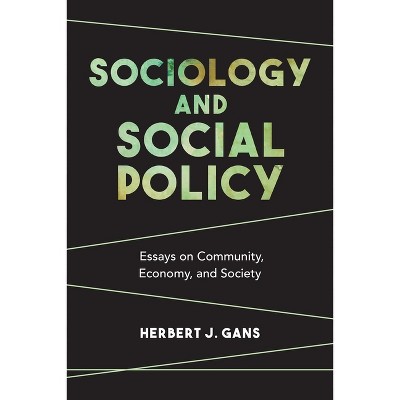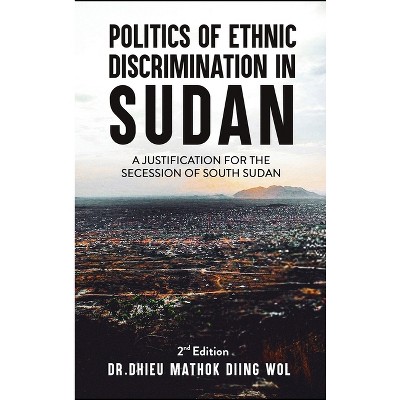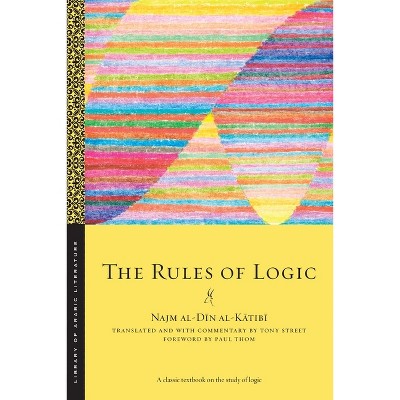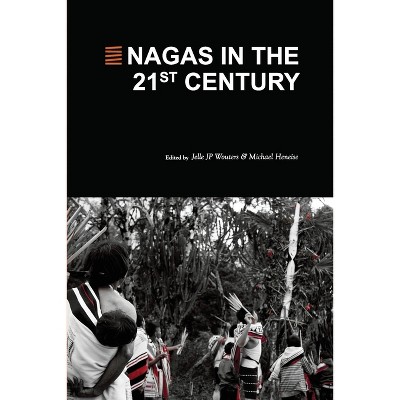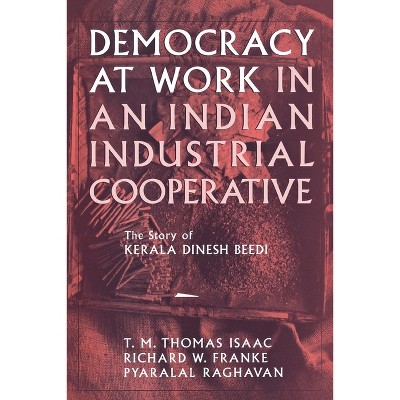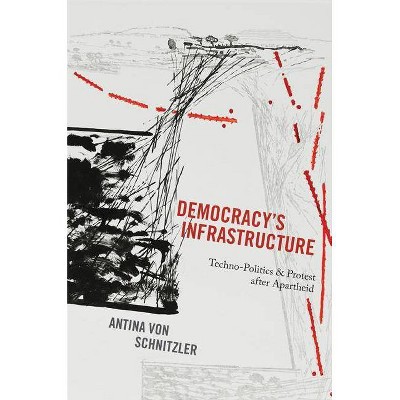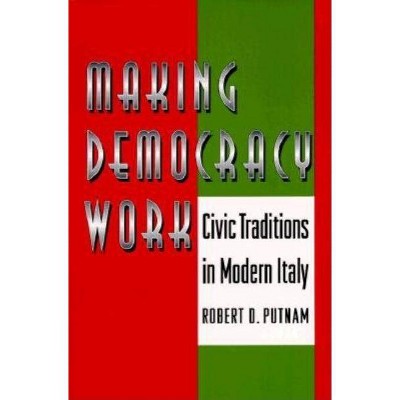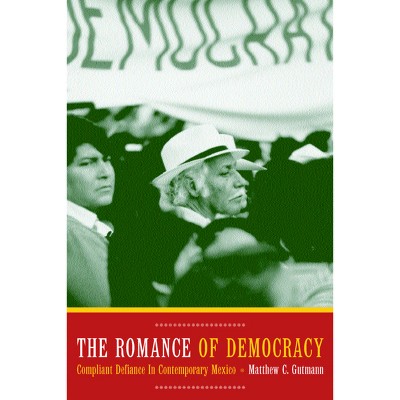Sponsored

Democracy in Nagaland - by Jellle J P Wouters & Zhoto Tunyi (Paperback)
In Stock
Sponsored
About this item
Highlights
- This volume offers interdisciplinary perspectives on the historical, cultural, and traditional inferences, inner-logic, and intricacies of democratic politics and elections in Nagaland.
- Author(s): Jellle J P Wouters & Zhoto Tunyi
- 306 Pages
- Social Science, Anthropology
Description
About the Book
The experience and practice of democracy in Nagaland
Book Synopsis
This volume offers interdisciplinary perspectives on the historical, cultural, and traditional inferences, inner-logic, and intricacies of democratic politics and elections in Nagaland. It goes beyond 'institutional analyses' of democratic structures and governance by looking at the troubled historical context in which modern democracy was introduced, how Nagas themselves view democracy, the reasoning they adopt as they engage in campaigns and perform elections, the remapping of traditioinal practices and values unto the new democratic playing field, and at the gender and 'clean elections' debates such practices evoke.
Review Quotes
Democracy is commonly understood in the singular - a governing system that a society has more or less of. Democracy in Nagaland encourages us to think about democracy differently, as something that can take different forms, always mediated through local histories, societal complexities, and cultural idioms. Without being the haven of indigenous democracy, the 'traditional' Naga village council seeks consensus decisions through elaborate public deliberations. The main issue, however, as several contributors stress, is that women are debarred from taking part. We are invited to engage such paradoxes and contradictions; for example, how democracy has been appropriated to serve existing power structures, yet also used to question these very structures. This is a powerful book that opens a new conversation about contemporary indigenous politics, one that moves beyond stereotypical depictions that either celebrate or condemn tribal societies. The violent postcolonial experience of the Nagas naturally frames the discussion, pointing to the difficulties of building inclusive democratic participation in a heavily militarized situation. Highlander Books are showing the way for critical scholarship on and in Northeast India.
Bengt G. Karlsson
Professor, Department of Anthropology, Stockholm University
Shipping details
Return details
Frequently bought together


Trending Non-Fiction






